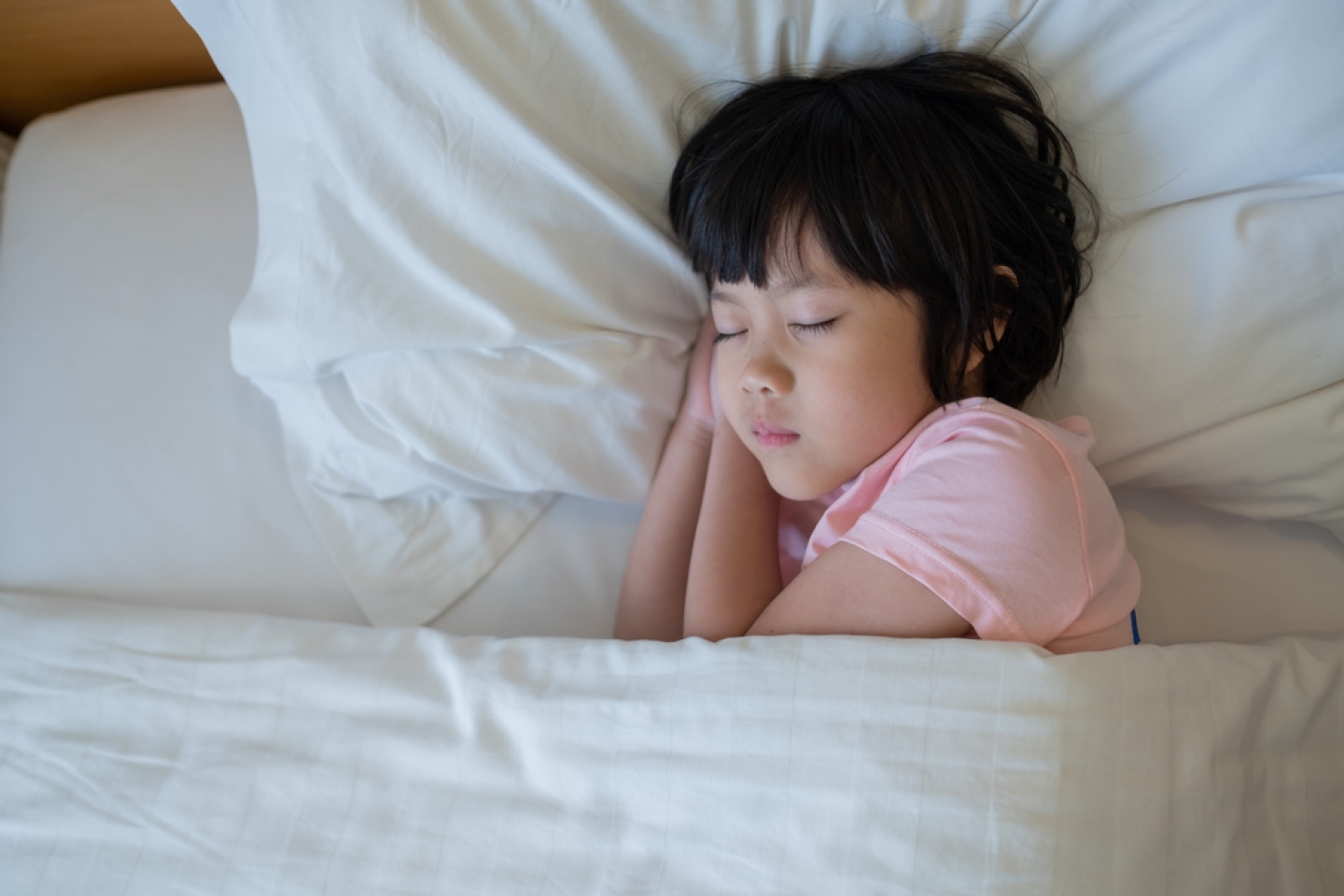
Everybody needs sleep, especially children. Although their energy—and wakefulness—may seem endless, sleep gives kids’ bodies needed time to rest, repair, and grow, recommends the care team at Weill Cornell Pediatric Sleep and Breathing Disorders Center.
Sleep allows the body and mind to recharge and refresh; as well as boosting the immune system, healing wounds heal, and treating inflammation. Being sleep-deprived impairs the ability to concentrate, think clearly, and process memories. Believe it or not, lack of sleep can lead to weight gain, as well.
In children, sleep also improves growth and endocrine function, so if your child doesn't sleep enough, they can develop endocrine diseases like diabetes. Lack of sleep can also lead to development of anxiety and depression.
Children need as many hours of sleep as will maximize their ability to function and maintain energy all day long. Referring to recommendations from the American Academy of Sleep Medicine, our specialists approximate daily sleep needs for:
The COVID-19 pandemic has taken a toll on kids’ sleep. Good sleep is highly connected to having structure and routine, and COVID-19 pandemic pretty much disrupted all that for our children. There have been no strict school hours or distinction between school and home. Everything's kind of mushed together. The pandemic also reduced children’s cognitive and outdoor physical activity, as there have been an increase in screen time and we know that screens and sleep don't go well together.
The stress, worry, and anxiety that the pandemic has generated also has hurt children’s sleep. Kids are going to bed later and waking up later as they are not on the go all day long, they have more opportunity for daytime sleep, and daytime naps interfere with nighttime sleep. Schedules are off, and sleep quality has become much worse.
What’s a parent to do? Our specilists recommend:
Make sure your child’s room is dark at bedtime, quiet and on the cooler side. There shouldn't be a TV playing in the background, and only light music, if necessary.
Put children to bed at the same time every night and awaken them at the same time every morning. If we go to bed at exactly the same time every day, our brain will be ready to fall asleep at a certain time. Even on the weekends, try to not let children go to bed too late or sleep in too much.
Screens emit blue light that tricks the brain into thinking that it's daytime, and prevents it from producing melatonin, a natural chemical that promotes sleep. Our providers recommend avoiding bright screens at least an hour before bedtime. Instead, dim bedroom lighting and encourage relaxing activities like taking a bath or reading a book.
Especially late in the afternoon. If your kids take a nap at 5:00 PM, you can't expect them to go to bed at eight because the sleep drive is just not there anymore.
If your child is having trouble falling asleep, wakes up multiple times, or too early in the morning, these could all be related to insomnia, which can be easily managed if you catch it early enough. If your child looks tired during the day, it means that they either are not getting enough sleep or that the quantity of their sleep is not enough, so be sure to consult with your child’s pediatrician about that.